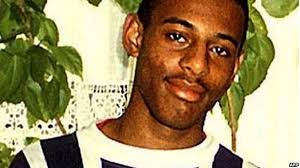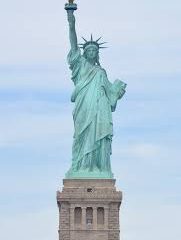The Story Behind Harry Clark Traitors and Their Impact

Introduction
In the recent landscape of competitive sports, loyalty and betrayal often intertwine, and few stories encapsulate this theme as vividly as the concept of the ‘Harry Clark traitors.’ This term has emerged in discussions surrounding a controversial incident in competitive cycling that not only tested friendships but also raised questions about integrity within the sporting community. As the cycling world digests this event, its repercussions ripple through the sport, shedding light on the delicate balance between personal ambition and team camaraderie.
An Overview of Events
The incident began to unfold during the National Cycling Championships held in early October 2023. Harry Clark, a promising young cyclist known for his remarkable talent and sportsmanship, found himself at the centre of a storm when members of his team were accused of undermining his efforts. Reports surfaced that his teammates were allegedly conspiring to diminish his chances by spreading unfounded rumours about him and his training regimen, leading to a dramatic impact on his performance.
Initial reactions to these revelations were polarised. Supporters rallied around Clark, praising his dedication and hard work, while critics questioned the validity of the accusations, throwing the spotlight on the mental and emotional strain such a situation can have on athletes. Importantly, the debates ignited discussions regarding the moral obligations athletes owe each other in team settings and what defines true sportsmanship.
The Fallout
In the days following the event, the cycling community witnessed a flurry of statements from involved parties. Many came forward to express their support for Clark, advocating for transparency and accountability within teams. This public outcry was timely as it coincided with increasing scrutiny on doping and unethical practices in sports, making the incident relevant in a larger context.
As investigations progressed, the term ‘Harry Clark traitors’ gained traction on social media, becoming a symbol of betrayal within the sport. It served as a cautionary tale for aspiring athletes and established competitors alike about the importance of loyalty in fostering a positive and supportive environment.
Conclusion
The saga of the Harry Clark traitors has opened up broader conversations about ethics in sports, the pressures athletes face, and the responsibilities of teammates. As the cycling community navigates the aftermath, it is imperative for all athletes to reflect on their roles in promoting integrity and respect. The long-term implications of this incident may well influence team dynamics and athlete conduct in competitive cycling, urging a culture where competition exists without compromising human values. As Harry Clark continues his journey, the lessons learned from this controversy will undoubtedly serve as a foundation for future generations of athletes.








